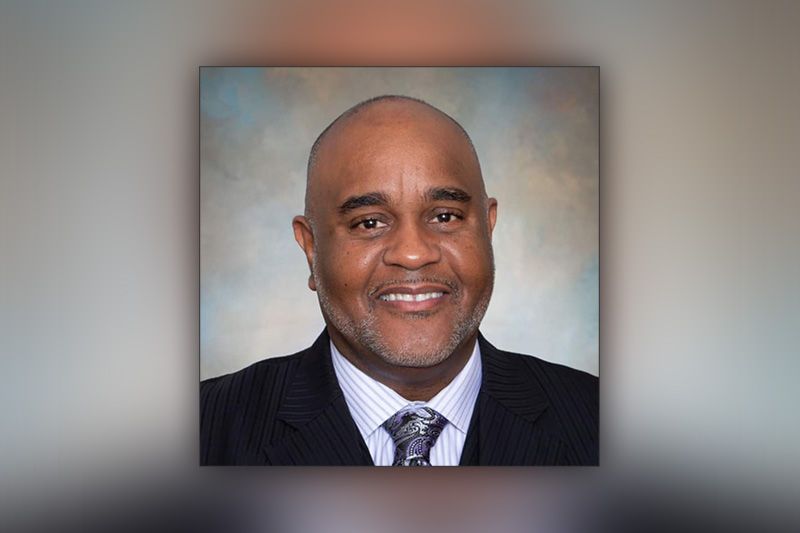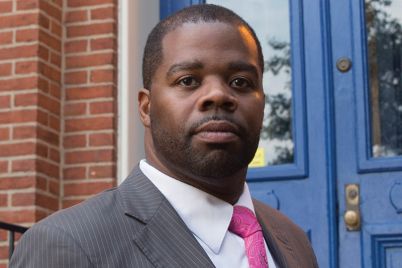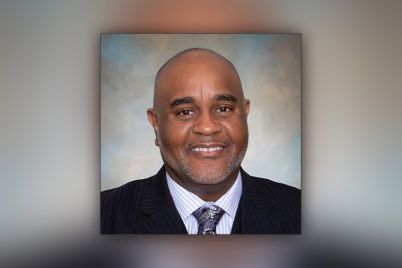Scripture: 2 Chronicles 20:1-15
Pastor Brian K. Brown of St. Mark Missionary Baptist Church reminded his congregation of the invader in our land. We’ve been invaded by an enemy who shows no partiality. You can be rich or poor, black of white, up or down, it does not matter. This enemy does not care. This enemy has invaded sacred spaces of the United States, the Congress, the White House. It has touched our Commander in Chief, his wife, key staff members, senators and others. But before this, more than 200,000 American lives have been lost because of this enemy. Covid 19 is real and if you don’t respect the CDC’s guidelines, it too can find you. We are a world community in crisis.
With a virus that’s out of control, we also see race relations that are breaking down further, the haves have more and the have nots have less. The text before us reveals another time of crisis when King Jehoshaphat and Israel were in crisis because several enemies had united their efforts and were plotting an invasion of the borders of Israel to cause hurt, harm and danger to its citizens. When the king got word of the coming trouble, his response was when your community is in crisis you pray to God who can take a crisis and turn it around. It does not matter what the crisis is, we should pray. When we talk to God, we know He will hear and answer.
Jehoshaphat teaches lessons we should be willing to adhere to. The text in 2 Chronicles answers at least five questions, the first: When did King Jehoshaphat pray? Verses 2 and 3 show us that he prayed as soon as he realized they were in crisis. He began at that moment to say to the people, it’s time to pray. We should have been praying when the first person was diagnosed with Covid 19 that God would send healing and make us compassionate. Even now we should pray for courage to fight through the crisis.
The second question: Who prayed? Verses 3 and 4 tell us that the national leader prayed (King Jehoshaphat) and called for prayer from the nation. As believers we don’t have to wait for someone to tell us what to do, we should just do it. What’s missing today is a national movement that calls America into prayer.
The third question: Where did he pray. From verses 5 and 9 we see that Jehoshaphat prayed in the sanctuary. While we may not be going to the church (physical building) at this time, we need to remember that believers are the church. Within ourselves we can pray and ask others in our households and our contacts to join us in praying. Wherever a believer is there should be prayer going on. God has created a sanctuary in our hearts, so we can pray wherever we are.
The fourth question: Why did he pray? We talk to God when we don’t know what to do and we believe that God will show us what to do. We pray because God knows how to heal what we’re going through (Covid 19); because people are still dying (God is our deliverer); doors can open, and in Him relief can be found. In verse 12 Jehoshaphat prays to God saying we don’t know what to do but our eyes are upon you. We don’t know but we know you know all things. We are limited but God is not, and He can do all things but fail. God is king of all and we should not forsake Him for the little kings of the world.
The final question: What happens after we pray? In verse 15 God let Jehoshaphat know there was no need to be dismayed because the battle was not Jehoshaphat’s or the people’s, it was God’s. God took ownership of what was going on, He put His hand on it and put things back in order. We must step back so God can step up, speak less so God can speak up and watch as God shows up and send relief to our situation. So, pray for our world (our community in crisis).
Please join our live streaming service on YouTube @ St Mark MBC each Sunday @ 10:45 and Wednesdays @ 7:00 p.m.







